It has been more than six months since my last Monthly Memoir post (sorry, I got a new job). I’d been reading memoirs but none worth writing about. Then sometime around the end of the year, I discovered a string of memoirs I couldn’t wait to share.
Slow Motion (1998)
by Dani Shapiro
I recently heard Dani Shapiro, famed author of more than twenty novels and memoirs, in an interview on The Shift podcast during which she discusses her very first memoir, Slow Motion. In it, Shapiro recalls a time in her early twenties when she dropped out of college, started dating the stepfather of a college friend (spoiler alert: he sucks), and lost herself, only to rediscover who she truly is after her parents are in a devastating car crash.
I can say this without hesitation: Dani Shapiro is the queen of memoir. You heard me, Mary Karr fans.
Shapiro wrote Slow Motion before discovering her father was not her biological father (a topic she covers in a subsequent memoir, Inheritance) and she masterfully does what all good memoirists do — she makes sense of what happened. The way she understands how her something in her family wasn’t adding up, well before she discovers the secret they kept about her origin, is truly profound.
By the time I wrote Slow Motion, I knew I didn’t have all the answers, but I thought at least, I had a handle on the questions. This book was my attempt, the word “essay” means “attempt,” to tease out parallels and connections between my childhood and my young adulthood. To interrogate my relationship with both my parents and come to a greater understanding of who we were to each other.
An Honest Woman (2024)
by Charlotte Shane
Charlotte Shane quits grad school and becomes a sex worker. She had always been curious about men and what drives them. She delivers, like a neutral researcher or observer, an interesting and unique take on men and their desires, as well as her own.
She tells one story about her father who frequently commented on women and reflects on how this shaped her view of men and their relationship to women.
He announced his approval in a voice intentionally frilled with silliness: “She’s keeping herself fit.” or “I see this young lady is out enjoying the weather.”
The assessment was delivered in a specific tone of commendation, like he was the benevolent, democratically elected Mayor of Women, verifying that they’d fulfilled their aesthetic duty and taking pride in his civic-minded populace.
Shane delivers an astute analysis of men (and her own desires) through the unique lens of sex worker. It makes for a fascinating read.
Late Fragments (2015)
by Kate Gross
Kate Gross writes about her losing battle with colon cancer. An Oxford graduate, Gross is an optimist with a can-do attitude who joined the civil service, eventually working for Tony Blair and leading the African Governance Initiative and working with Africa’s leadership on economic development. She feels deep empathy for those she helps throughout the world and never forgets that, all things considered, she’s had a wonderful life for which she feels immense gratitude.
The cancer diagnosis is especially devastating because Gross is a mother of young twin boys. And while sadness consumes her, it doesn’t change who she is at her core. She is still the Gross she’s always been — a hopeful ideologue. I recall my own mother’s battle with colon cancer and will never forget how she’d told me, toward the end of her life, how grateful she was not to feel depressed. Sad, yes, but not depressed, which was something much, much worse.
Gross answers the question we all have, especially if we’ve lost someone close to us: When the time comes, how will we face our own death?
Despite all that has been taken from us, I am happy. I am really, truly happy. These last years have been so strangely luminous, full of exploration, wonder, and love. I’m not sure if this adds up to a silver lining, whether it amounts to enough to balance the loss of the future I should have had. Some days it seems crazy to even suggest it. But it at least makes the scales more even.
Everything Nothing Someone (2023)
by Alice Carrière
I listened to the audiobook version of Alice Carrière’s memoir about growing up the daughter of accomplished artist Jennifer Bartlett and “European sex symbol” Mathieu Carrière. Unlike typical starving artist progeny, Carrière was born in 1985 when her mother (in her forties) and her father (in his thirties) were already rich and famous.
As a child with substantial means and education, I could only assume that Carrière was bilingual, as evidenced by her perfect pronunciation of French: milieu, Sorbonne, Brigitte Bardot (with whom her father worked). A little hoity-toity with the accent thing, if you asked me (no one did), but smoke ‘em if you got ‘em, I figured.
But when Carrière describes a trip to Monaco, she pronounces it muh-NAH-koh, like Binaca, the sprayable breath freshener from the 90s. Is this how rich people say Monaco? I couldn’t be sure, but listening to the book was like watching a very expensive train wreck. I couldn’t stop.
The first part, Everything, sets the scene of an uber-privileged, lonely child being raised by a British nanny, roaming around her own home, a 17,000-square-foot converted factory in the West Village.
Just when I thought the book was headed in one direction — a peek into the lifestyle of the privileged and artsy — it takes a dark turn in the second part, Nothing, when Carrière has a mental breakdown. Her mother, who never leaves her in-home art studio, makes a rare visit to Carrière’s apartment. Her mother departs the following day, leaving Carrière as she was, in the middle of losing her mind. This is when my sympathy for the writer begins, regardless of how she pronounces Binaca/Monaco.
The rest of the book details Carrière’s discovery of what happens to a sensitive child with self-absorbed parents. You’ll have to read it to find out.
The Year of the End
by Anne Theroux
Anne Theroux’s memoir The Year of the End is based on her diary entries from 1990, the year her husband Paul (author of The Mosquito Coast), leaves her. She describes the push and pull of a couple separating and coming together again, unsure of whether to save the marriage; unsure of Paul’s intentions; and unsure how to navigate it herself.
She tells us that Paul wrote a novel called My Secret History, published in 1989, the year before her diary entries, which closely resembles their lives, even though it is billed as fiction. Upon reading it, Anne writes:
I was also upset by the descriptions of [the main character] Andre Parent’s affair with a woman called Eden. In real life this woman was an English teacher from Pennsylvania with whom Paul had had two affairs, one in 1982 and one in 1986. These affairs, unlike previous ones, had been serious: he considered leaving me, hesitating, sulking and making me unhappy and insecure…
The book, cruelly, teased me with answers which may or may not have been fictional. Had he really taken her on one of his trips to India? Had he really …?
To me, this was the most damning fact about Paul Theroux. Not only that he’d had affairs (she’d had one too), but that he wrote about his wife and then claimed it was fiction. Or worse, let her wonder whether it was true or not. The full excerpt of their exchange was published in The Tonic.
This Is Not a Pity Memoir (2022)
by Abi Morgan
This story of Abi Morgan’s husband, Jacob, takes place almost entirely in a hospital room. Morgan is an award-winning British television writer. She wrote The Split about a family of lawyers that I’ve been binge watching even though I find the main character annoying. Her life is upended when Jacob is hospitalized after having a seizure at their home.
Morgan writes the first chapters as if she is telling Jacob a story about the life he has missed, hoping one day he will wake.
And while Jacob is not present in the book (he is in a coma), we come to know and love him. We want him to come back and we want him to be himself when he does. At some point, her voice changes from “you” to “he,” signifying a newfound distance between Abi and Jacob.
I have always told myself that Jacob’s love for me was a one-off. A fluke. Miraculous. Even though he would always say, “Look who’s the winner here.”
It took years for me to realize he was talking about himself, not me. Always by my side, building me up, pushing me forward, proud of me. Ecstatic when I won, indifferent when I lost.
“Its all shits and giggles, Abi.”
A second story begins after the hospital (one I won’t give away here), but there is no happy ending. There is only love, and maybe that is enough.
Here After (2024)
by Amy Lin
Did you think the saddest book on my list was going to be the one about divorce? Mental breakdown? Husband in a coma? Parents in a car crash? Terminal cancer? Not a chance. The saddest book on my list is Amy Lin’s Here After about her husband’s untimely and unexpected death. Her husband Kurtis was an architect, and Lin recalls one time walking past the court building together in their hometown of Calgary:
He shows me the gleaming part of the sky. He presses his face to the glass, gazes upward. I have been to court before, contesting a speeding ticket, but I thought nothing of the building. Seeing him love it is how I start to love myself.
While the book captures her depression beautifully (if depression can ever be beautiful), I was first drawn to Lin by a clever essay she’d written about marrying Kurtis, more specifically about her bridal shower (full excerpt here). At the beginning of the essay, she has locked herself in the bathroom to avoid her mother-in-law:
“I know you’re in there,” Big Bad said.
I was sitting alone on the tiled floor thinking about death. The tiles were so Italian that if one cracked, an Italian craftsman had to be flown in from Italy to set it right.
Lin captures how those we love make indelible impressions on our lives; impressions that cannot be made by anyone else. And if we lose that person, part of ourselves is lost with them. I did not think she would survive it, but she does.
Guilty Pleasure: As a rule, I don’t review celebrity memoirs, and in my defense, I didn’t know this was a celebrity memoir until the author mentioned her husband’s name: Hunter. I knew next to nothing about Hunter Biden before reading If We Break by his ex-wife Kathleen Buhle. If I’d felt anything at all, I guess it was pity for a man being overtaken by addiction. I have a totally different opinion of him now.
Shout Out: Check out Libby Horton’s superb personal essay The Diminishment of Gretta about the nagging voice inside her head in the latest issue of Munch. Libby (a former classmate of mine) is currently developing a memoir of linked personal essays that explore the intersection of science, mental health, inhabiting a body, and relationships.
Ambition Monster (2024)
by Jennifer Romolini
As someone who’s been trying to write a book about ambition and work myself, I felt obligated to read Jennifer Romolini’s Ambition Monster even though I feel ambivalent about including it on this month’s list of best memoirs.
Romolini’s story is about what happens when a strong-willed, ambitious person pursues the American Dream. Her ambition and competitiveness had been with her since she can remember. She recalls one time, after making a snide remark to her father as a teenager, he runs after her and smacks her across the face. Romolini demands an apology and refuses to go to school for a week.
We’re in a power struggle, one he’ll never let me win, even if I’m right.
Who knows if ruthlessness is born or made, but the truth is I’m just like my father…I rarely play at anything unless I think I, too, can dominate and win.
I could relate. Competitiveness is in my nature, too, and while memoirs about women’s ambition is rare, the story didn’t raise the stakes high enough to be a page-turner. In the end, she realizes that the external validation she desperately sought turned out to be an empty promise (surprise!).

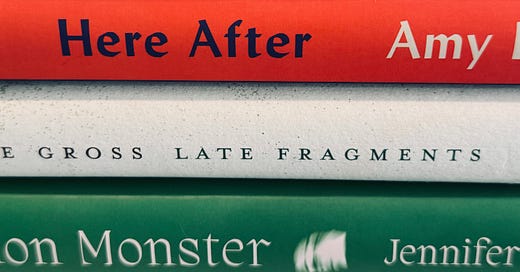


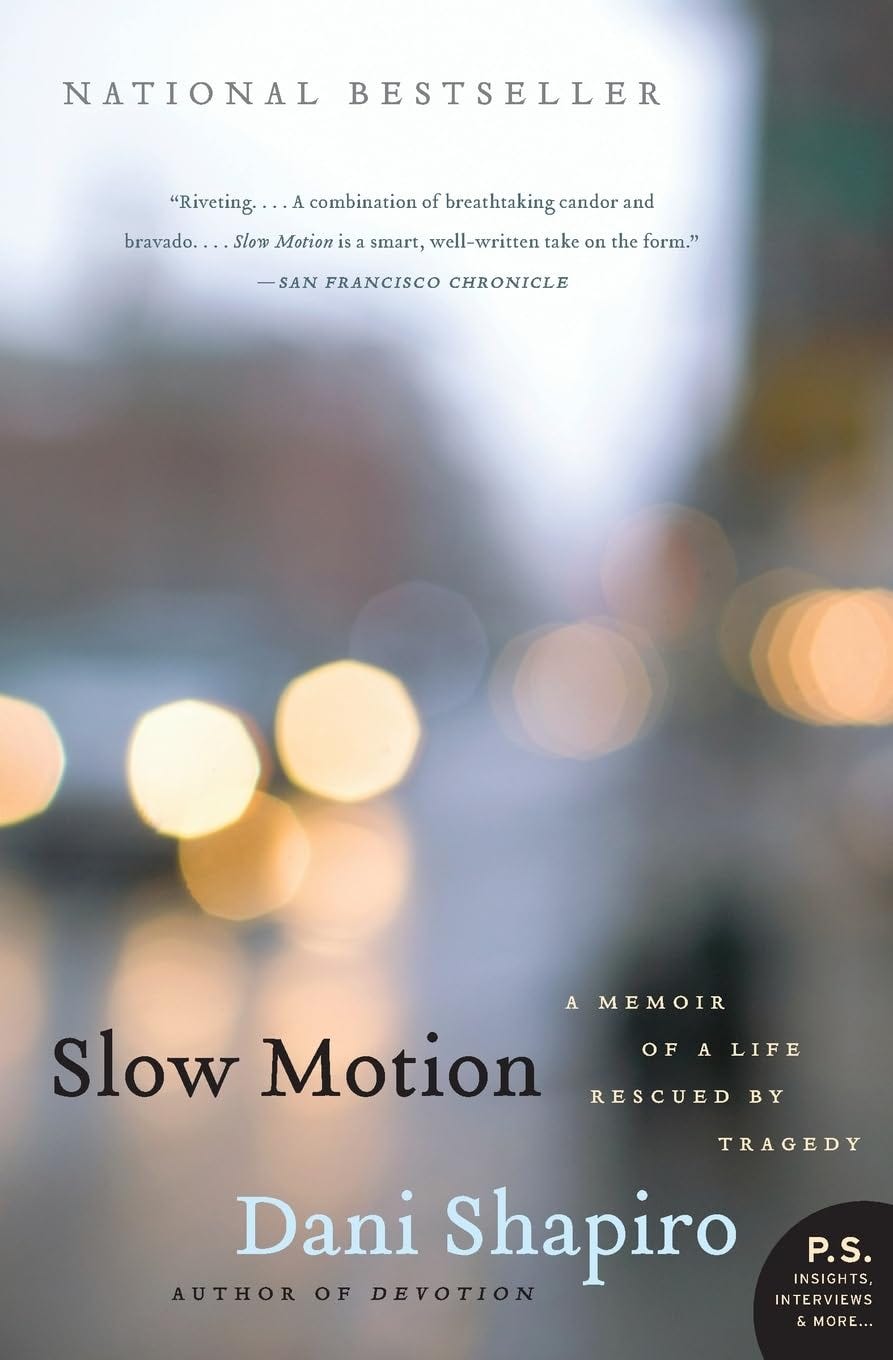
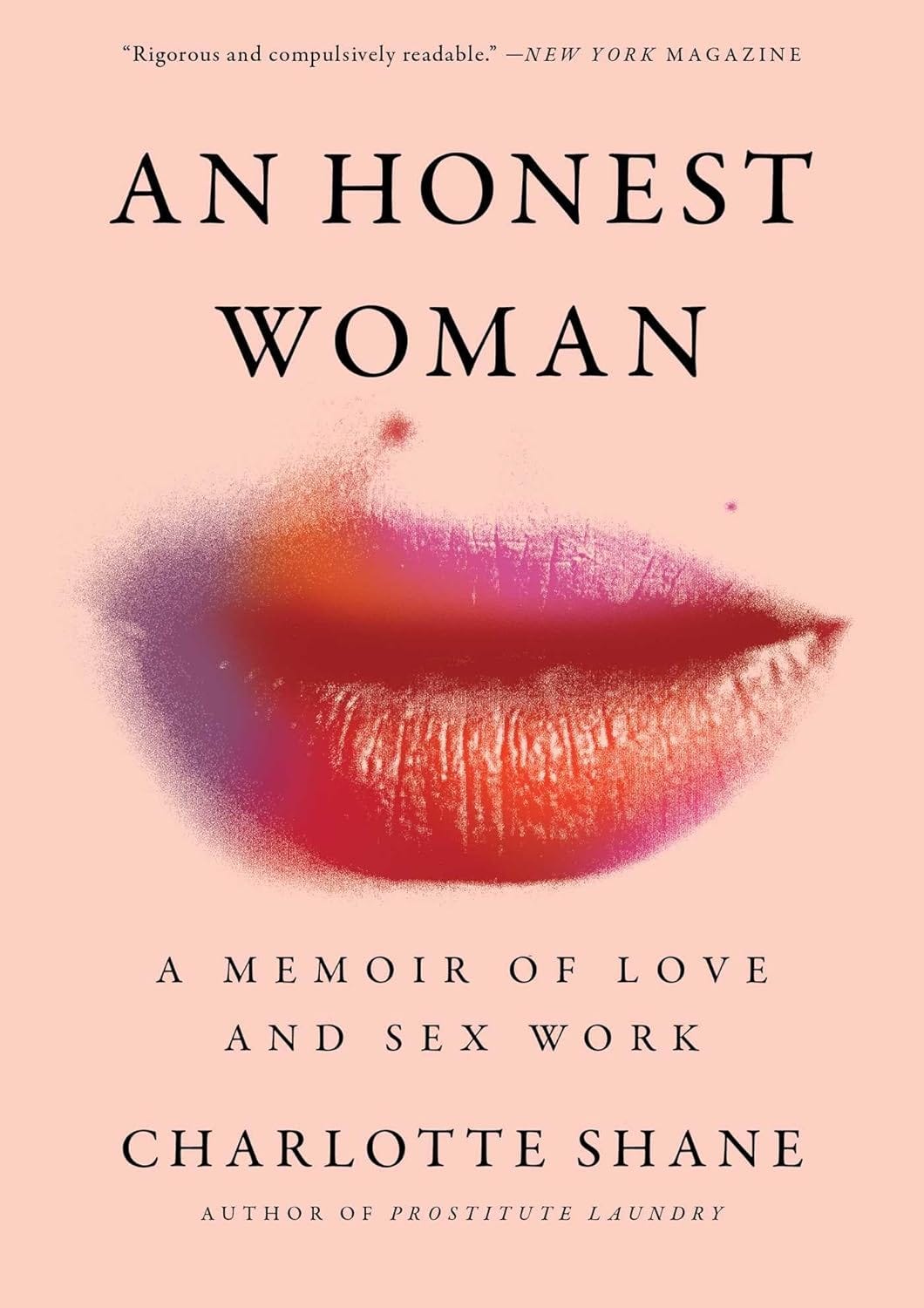
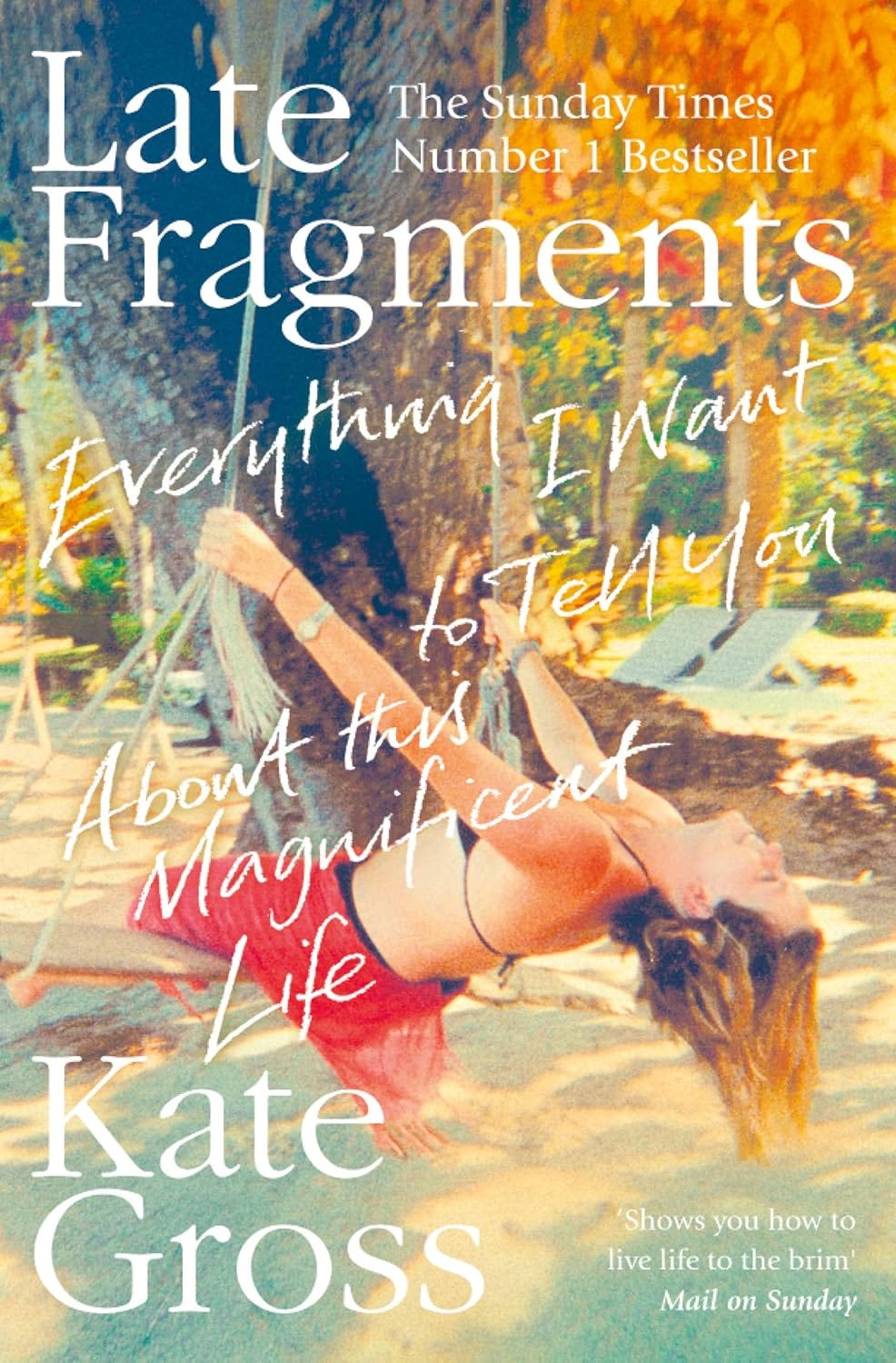
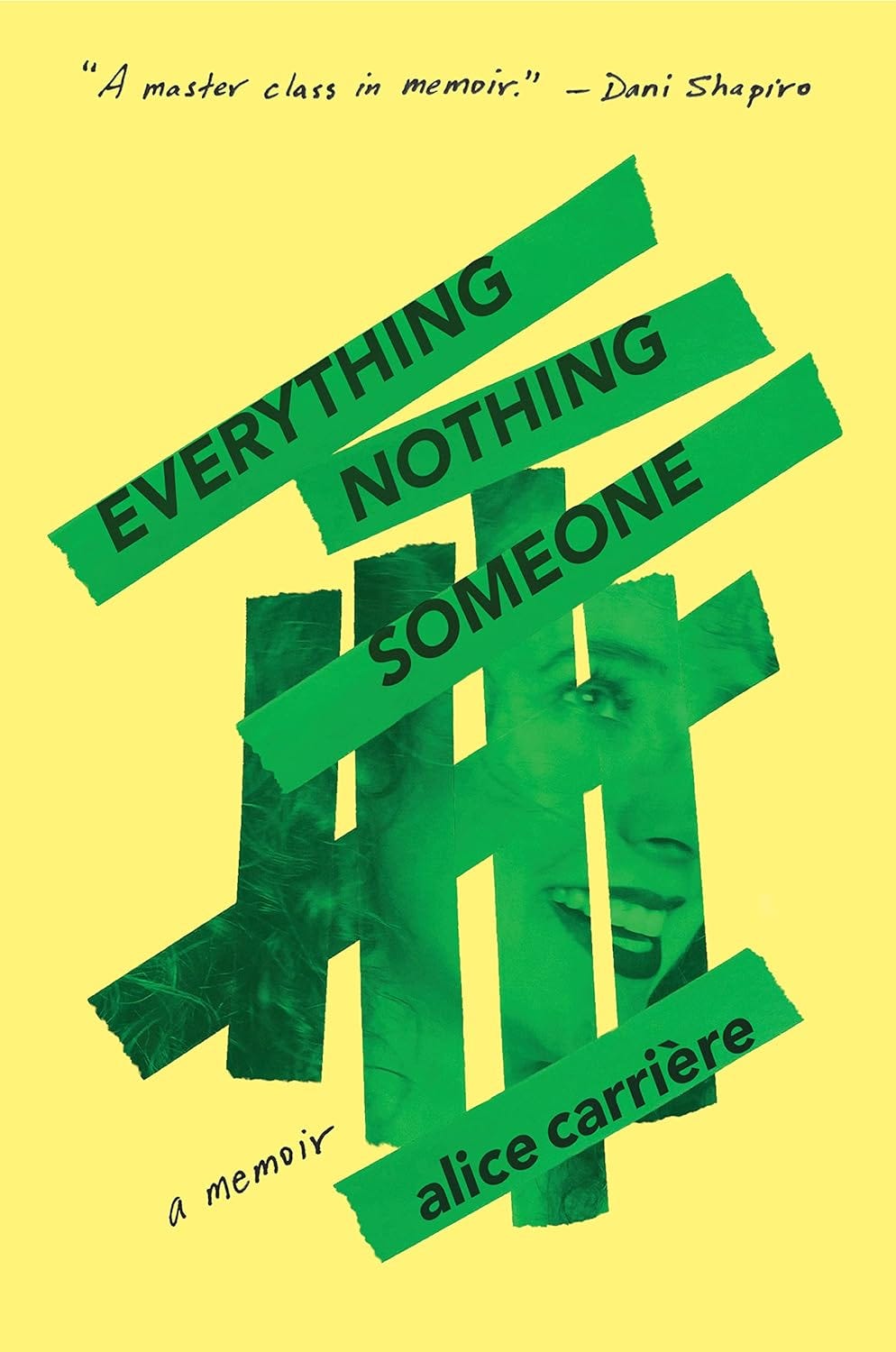
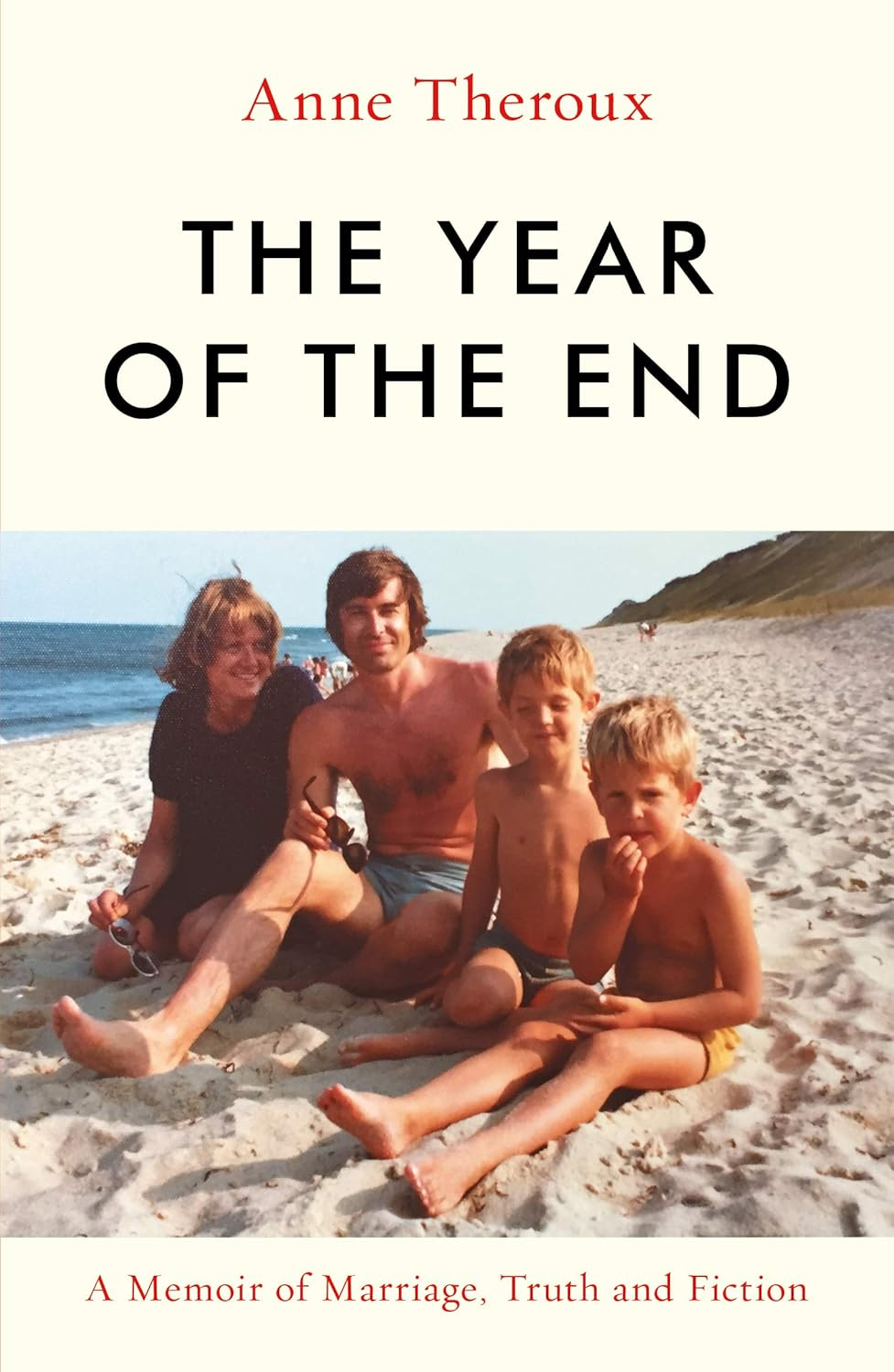
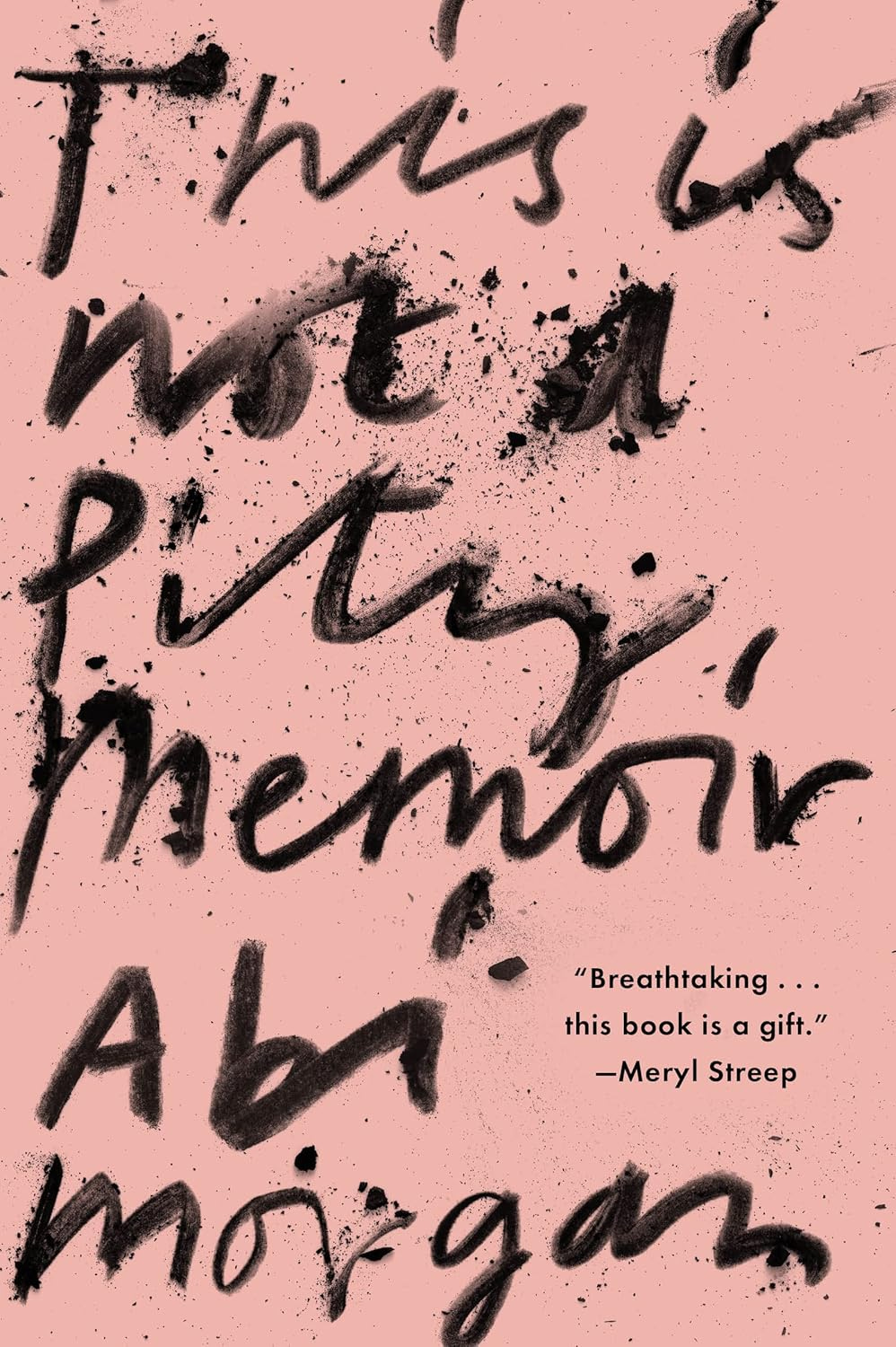
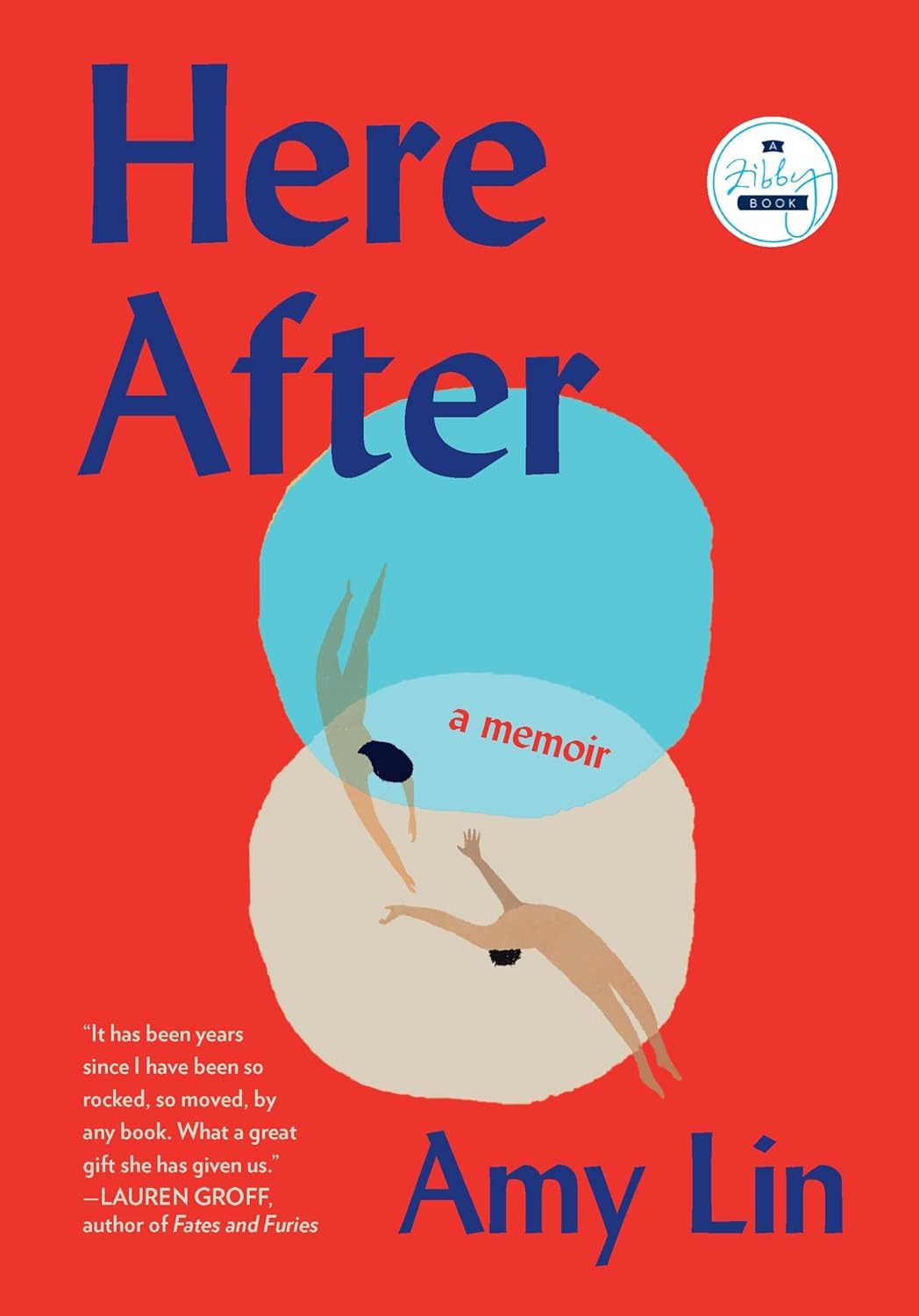
Oh, and thanks, Christie, for linking to Bookshop.org to support independent bookstores. It matters!
I loved Dani Shapiro's "Inheritance," especially because it mirrored some of my own memoir--at least the family secrets and DNA discovery parts. I'm looking forward to reading some of the others. Thanks and welcome back!